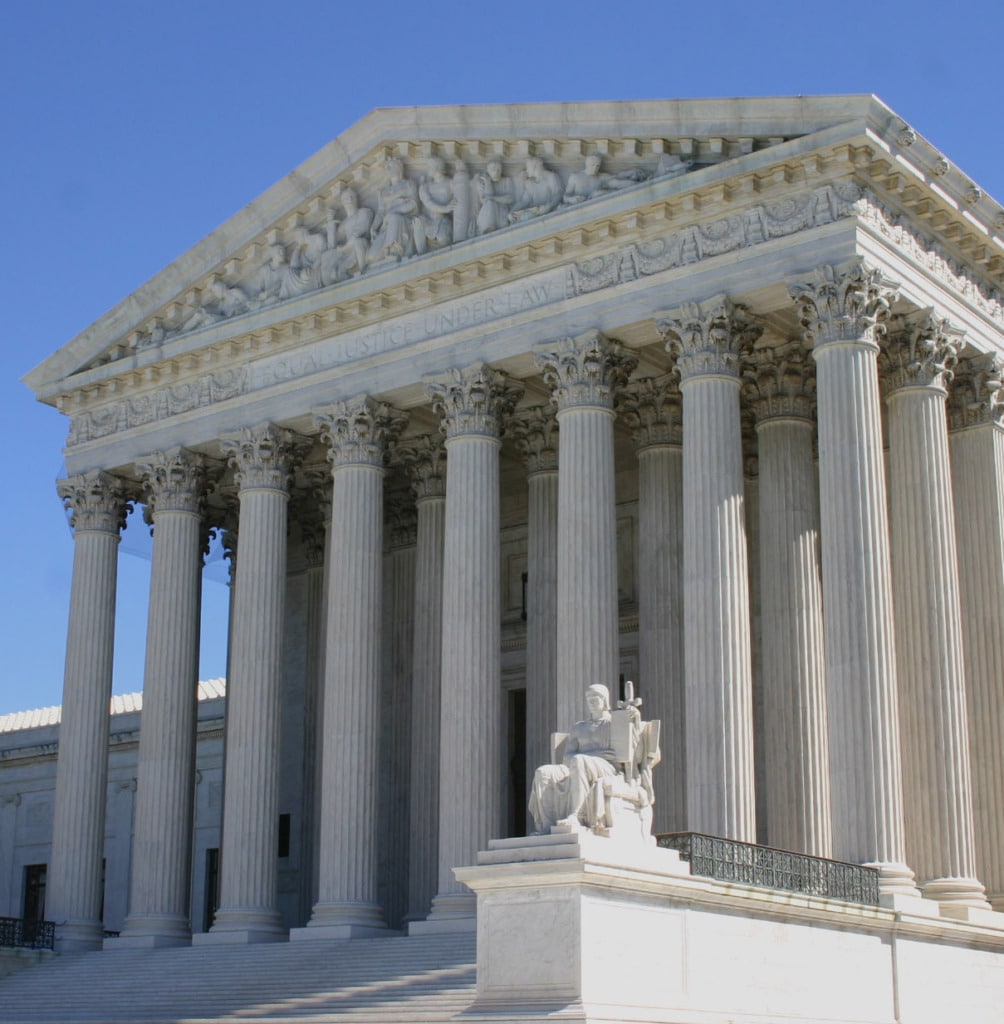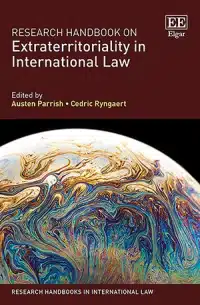Proposed Legislation to Amend the Foreign Sovereign Immunities Act
Representatives Adam Schiff, Betty McCollum, and Gerry Connolly have introduced the Jamal Khashoggi Protection of Activists and Press Freedom Act of 2023. The purpose of the legislation is to protect free speech advocates and journalists. The press release announcing the draft legislation notes the murder five years ago of journalist Jamal Khashoggi “at the hands…
Continue ReadingSupreme Court Asks for the Views of the Solicitor General in FSIA Case
This morning, the Supreme Court called for the views of the Solicitor General in Blenheim Capital Holdings Ltd. v. Lockheed Martin Corp., a case about the interpretation of Foreign Sovereign Immunities Act’s (FSIA) commercial activities exception. The Fourth Circuit held that South Korea’s purchases of military aircraft and satellites do not fall within the exception because…
Continue ReadingThrowback Thursday: Eighty Years of Ex Parte Republic of Peru
Back in 1943, the Supreme Court issued its opinion in an admiralty case against the Ucayali, a Peruvian steamship. A Cuban company brought the in rem action in a federal district court in Louisiana alleging that the steamship violated a charter agreement by failing to carry a cargo of sugar from Peru to New York….
Continue ReadingImportant New Handbook on Extraterritoriality
Many TLB readers will share my excitement and appreciation for the brand-new Research Handbook on Extraterritoriality in International Law, a volume of wide-ranging expert analyses edited by Austen Parrish and Cedric Ryngaert. The volume explores extraterritoriality from a full range of perspectives rarely (if ever) brought together in one place. I am reading it cover-to-cover…
Continue ReadingTLB’s Petitions to Watch at the Long Conference
Today the justices of the U.S. Supreme Court gather for their first conference before the official beginning of October Term 2023—what is colloquially known as the “long conference” because of the long list of petitions for certiorari on their agenda. We can expect an orders list within the next day or two with additional grants…
Continue ReadingPreliminary Injunctions and the Hague Service Convention
In Whirlpool Corporation v. Shenzhen Sanlida Electrical Technology Company, the Fifth Circuit addressed the interaction between the Hague Service Convention and the preliminary injunction. Briefly, Whirlpool sued Shenzhen in the Eastern District of Texas for trademark and trade dress infringement related to Whirlpool’s “iconic” KitchenAid mixer. (Much like a prior Seventh Circuit case, this one…
Continue ReadingForeign-Country Judgments and Full Faith and Credit
Article IV, section 1 of the U.S. Constitution begins by stating: “Full Faith and Credit shall be given in each State to the public Acts, Records, and judicial Proceedings of every other State.” Congress has extended this principle to judgments from U.S. territories and possessions too, providing in the Full Faith and Credit Act that…
Continue ReadingConstitutional Issues in the Sudan Claims Resolution Act
District courts and the Court of Appeals for the District of Columbia have recently issued opinions addressing constitutional issues in litigation against Sudan. The United States and the Republic of Sudan signed an agreement (the Claims and Dispute Resolution Agreement) designed to improve diplomatic relations between the two countries, to promote democracy in Sudan, and…
Continue ReadingChoice of Law in Terrorism Cases
The U.S. District Court for the District of Columbia (DDC) is routinely called upon to adjudicate civil cases where plaintiffs bring claims against foreign sovereigns on behalf of themselves or relatives who were killed or injured in terrorist attacks overseas. If the plaintiff is neither a U.S. national, a U.S. servicemember, a U.S. government employee,…
Continue Reading





